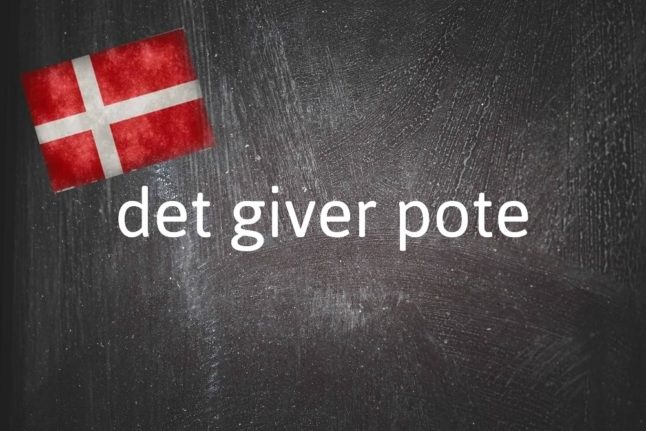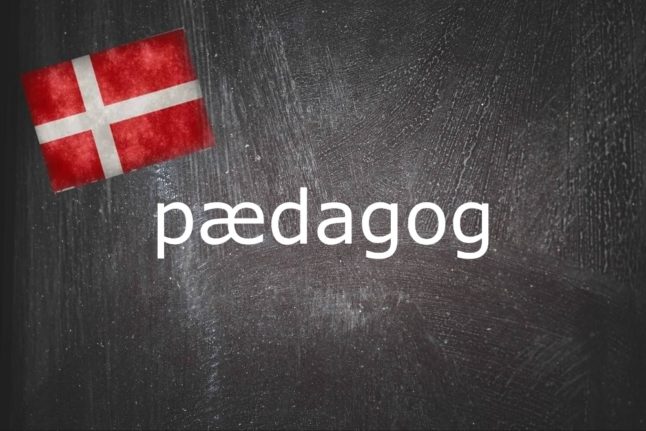What is det giver pote?
This is an expression which literally means “it gives (you) a paw”, but, clearly, is not meant to be taken literally.
The verb at give (“to give” but with nuanced meanings depending on context) is used here, as is the word for “paw”, pote.
When you say det giver, you aren’t necessary saying “it gives (something)”. For example, the phrase det giver god mening means “it makes good sense”. So in this example, give translates to “make” and not “give”.
Another example is det giver godt igen (literally “it gives back well”) for something that is materially rewarding, for instance a high salary for a job.
So while give often does mean “give”, this can change depending on contexts which are often related to the return or reward you get for doing something.
Why do I need to know det giver pote?
At give pote, “to give a paw”, can be used literally, since it can describe a dog’s motion of offering its paw in response to a command.
The sentence hunden sprang over to forhindringer og gav ham bagefter pote (”the dog jumped over two obstacles and then offered him its paw”), which might describe a scene at Crufts or another dog show, is an example of this.
When you say det giver pote you are not referring to a dog (grammatically, det (“it”) cannot describe a dog, the correct form would be den).
As such, an overført betydning (“figurative understanding”) of pote is at play here. It means to be well rewarded or paid for doing something, as the example below will show.
I’m not sure where the idea of a paw being a valuable reward comes from and would love to hear any theories that might exist.
Example
Hver måned sparede vi hvor vi kunne og lagde et stramt budget, og til sidst gav det pote.
Every month we saved where we could and set a tight budget, and in the end it paid off.



 Please whitelist us to continue reading.
Please whitelist us to continue reading.
Member comments